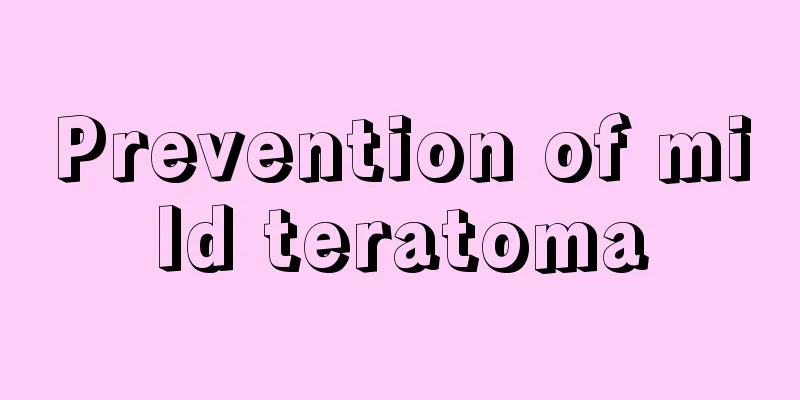Autonomic dysfunction

|
Many people's neurosis does not occur suddenly, but is caused by the gradual collapse of the spiritual world. Patients with mental illness are generally those who have experienced major stimulation or have been under high pressure for a long time. Qian Zhuang, who has neurosis, has autonomic dysfunction. He cannot control himself and his behavior is not under the control of consciousness. So what are the main manifestations of autonomic dysfunction? Symptoms appear to arise from a physical disorder of a system or organ that is primarily under autonomic control (cardiovascular, gastrointestinal, respiratory, and genitourinary systems). The autonomic nerves are also called vegetative nerves because they are not controlled by human will. The autonomic nervous system directly or indirectly regulates the functional activities of internal organs and maintains the balance of the internal and external environment of the body. Once the function is disturbed, it can lead to disorders in visceral functional activities. Main manifestations of autonomic dysfunction The autonomic nervous system, also known as the vegetative nervous system, is not controlled by human will and directly or indirectly regulates the functional activities of internal organs. When the autonomic nervous system is disturbed: (1) the respiratory system may experience changes in breathing depth and frequency; (2) the cardiovascular system may experience paroxysmal hypertension, periodic hypotension, sinus tachycardia or bradycardia, and manifestations similar to myocardial infarction; (3) the digestive system may experience gastrointestinal function and digestive juice secretion disorders; (4) the urinary system may experience frequent urination, urgency, difficulty urinating, and even urinary incontinence or urinary retention; (5) if the symptoms are paroxysmal, they may manifest as facial flushing, abnormal sweating, pupil dilation or constriction, tachycardia or bradycardia, drooling, chills, abdominal pain, etc. Other symptoms may also include sexual dysfunction and sleep disorders. Treatment of autonomic dysfunction (1) Drugs commonly used to adjust autonomic nervous function include 20-50 mg of oryzanol, 3 times a day. (2) For symptomatic treatment of palpitations, use propranolol and diazepam (Valium); for excessive sweating, use the Chinese patent medicine Yupingfeng Granules or Oyster Powder; for neurogenic frequent urination, use the Chinese patent medicine Suquan Pills or Sanjin Tablets; for gastrointestinal dysfunction, use vitamin B complex solution, pepsin or multi-enzyme tablets; those with sleep disorders can take diazepam (Valium) 5 mg or chlordiazepoxide 10 mg before bedtime; others can also use diazepam (Valium) 5 mg, 2 times/day; alprazolam 0.25 mg, 3 times/day; estazolam 1-2 mg, 2-3 times/day; iprafosine 0.15 g/day, for 7-30 consecutive days. |
<<: Sleep neurological disorder
>>: Cranial nerve function examination
Recommend
Can I use enema if I don't have the urge to defecate?
Constipation is quite common in our life and ther...
What's the matter with the itchy bumps on the genitals
Because the reproductive organs of men and women ...
What are the symptoms of a fertilized egg looking for a bed?
Once women become pregnant, a series of changes w...
Does drinking coffee help you lose weight?
Coffee is one of the three major beverages in the...
There are also some rules for eating to lower blood sugar. Different foods contain different nutrients
When eating some foods, there are some choices. D...
Drinking alcohol together is most likely to cause a serious disease
Mixing alcohol with food may increase the risk of...
What are the drugs that lower transaminase
The liver is an important organ in our body. Many...
What are the causes of glioma
Glioma is a disease that often occurs in the brai...
Note: Symptoms of female uterine cancer will gradually develop into uremia!
Symptoms of uterine cancer in women are common gy...
Dry nose and throat after waking up
Why do I have a dry nose and throat after waking ...
What to do if your throat is itchy
It is very uncomfortable if the throat is itchy. ...
How is melanoma screening performed?
Melanoma, also known as malignant melanoma, is a ...
9 major complications of advanced lung cancer
In addition to the symptoms of the cancerous part...
How to treat constipation caused by insufficient qi and blood
How to treat constipation caused by insufficient ...
How to diagnose recurrence of esophageal cancer
We know that the most typical symptom of esophage...









